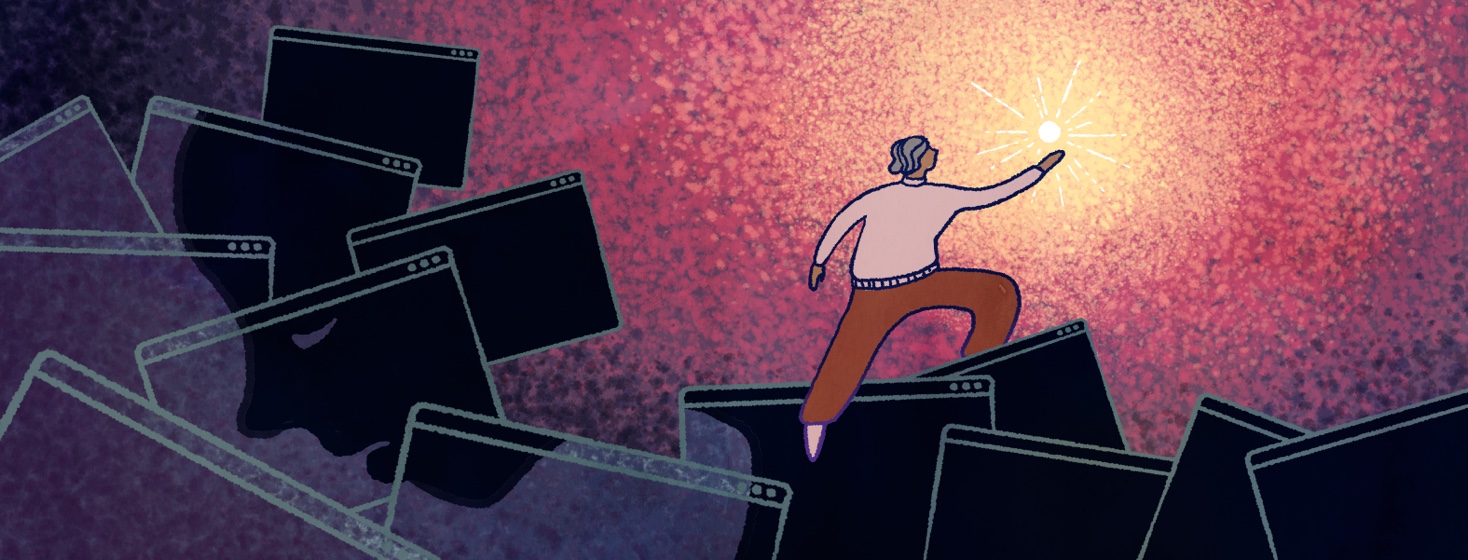Sleep Cycles
When a person experiences insomnia, particularly over a long time, it can often lead to some research in the wee hours of the morning. For me, it sets me on a path of self-discovery. Recently, I learned about the stages of sleep cycles and insomnia.
I want to learn more about what my body is doing and why I am experiencing what I am. Often times I will run into some new information that I did not know. When this happens, I am always excited and it makes me feel that I understand myself and my situation a little better. This in turn makes me feel slightly more in control, even if it's a placebo effect.
Sleep cycles and insomnia
To quote an ancient adage: "Knowledge is power."
Learning about sleep cycles was 1 of these moments for me. While it did not actually change my sleep, it sure did give me a new understanding of my sleep. This makes me feel empowered and not so lost. This is what I have learned about my sleep cycles. I hope you find it helpful and interesting.
Before I start, let me just differentiate the difference between non-REM and REM sleep.
REM stands for rapid eye movement. This essentially means your eyes are moving rapidly during your sleep under your eyelids. So non-REM is when your eyes are still under your eyelids while you are sleeping.
REM and non-REM sleep cycles
Stage 1
This is the initial stage of sleep. It is usually very light sleep. If I am awoken in this time, I usually wake quickly and I really struggle to get back to sleep. It can last from 1 to 10 minutes, for me personally. Muscles start to relax. Your breathing starts stabilizing during this time, and your heart rate too. This is non-REM sleep.
Stage 2
Next, I start dropping off to a night of deeper sleep, with my heart rate slowing down and my body temperature dropping. This usually lasts between 10 to 25 minutes. Once you have completed a few sleep cycles, this is an ideal time to wake up. When you awake you feel wide awake and rested. This is also non-REM sleep.
Stage 3
This is, in my opinion, the "good stuff" – or, the deeper state of sleep. Your heart rate and breathing slow down substantially. This makes way for your body to enter total relaxation and muscles in your body get to rest and repair.
When awoken from this stage in your sleep, you might find that you are very groggy. For me, this often translates to annoyed and grumpy too. I find it very hard to wake up from this stage of sleep and nod off easily again for a few minutes at a time. This can last from 20 to 40 minutes.
Stage 4
REM sleep has arrived: rapid eye movement. This is usually our dream state and can last from 20 to 40 minutes. Breathing and heart rate increase during this time. Often, we dream vividly.
Something I recently learned is that when we are in this sleep state, our limbs are paralyzed. This in turn means we cannot act out our dreams and harm ourselves. I believe this is the handwork of our brain. This is the time that you really do not want to wake up. Sadly for many of us, it is when we experience nightmares and our brain wakes us up. I will often awaken during this period and it is impossible for me to go back to sleep after.
More sleep knowledge
There are some people who experience a disorder called REM Behavior Disorder, which means that they act out their dreams, often with violent arm and leg movements. I will touch on this a little more in my next article.
What is your knowledge of sleep cycles and insomnia? Please share a comment.

Join the conversation